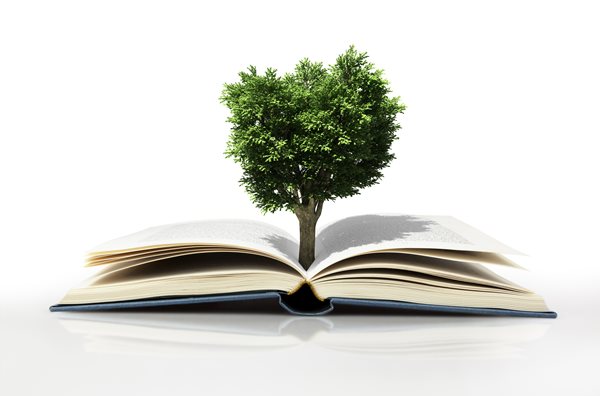Sustainability has become a pressing global concern, touching every aspect of our lives, from how we consume resources to the choices we make as consumers and citizens. Fortunately, a wealth of knowledge on sustainable living is available through literature. These books not only offer insights into the environmental challenges we face but also provide practical guidance on how individuals and societies can embrace more sustainable practices. Here are five must-read books for a deeper understanding of sustainable living.
1. “The Omnivore’s Dilemma: A Natural History of Four Meals” by Michael Pollan
In “The Omnivore’s Dilemma,” Michael Pollan takes readers on a journey through the complex and interconnected food systems that sustain our society. He explores the origins of our meals, from industrial agriculture to organic farming and foraging, shedding light on the environmental, economic, and ethical implications of our food choices. Pollan’s engaging storytelling invites readers to reconsider their relationship with food and the impact it has on our planet. By delving into the world of sustainable food production, this book offers practical insights into making informed choices that benefit both our health and the environment.
2. “Cradle to Cradle: Remaking the Way We Make Things” by William McDonough and Michael Braungart
In “Cradle to Cradle,” architects William McDonough and Michael Braungart present a groundbreaking vision of sustainability that challenges the conventional concept of waste. They advocate for a design approach that eliminates the concept of waste altogether, instead envisioning products and systems that can be perpetually recycled and renewed. McDonough and Braungart introduce the idea of “upcycling,” where materials and products are designed to maintain their value and purpose over time. This book encourages readers to rethink how we manufacture and consume goods, inspiring a more regenerative and sustainable approach to production.
3. “Silent Spring” by Rachel Carson
Published in 1962, Rachel Carson’s “Silent Spring” is a classic that played a pivotal role in the environmental movement. Carson’s groundbreaking work raised awareness about the detrimental effects of chemical pesticides on the environment, particularly on wildlife and ecosystems. Her eloquent writing and meticulous research ignited a global conversation about the need to protect our natural world from harmful chemicals. “Silent Spring” serves as a reminder of the importance of responsible stewardship of the environment and the far-reaching consequences of unsustainable practices.
4. “The Sixth Extinction: An Unnatural History” by Elizabeth Kolbert
In “The Sixth Extinction,” Pulitzer Prize-winning journalist Elizabeth Kolbert explores the ongoing mass extinction event caused by human activities. Drawing on extensive research and expert interviews, Kolbert delves into the history of Earth’s previous mass extinctions and examines the alarming rate at which species are disappearing today. Through captivating storytelling, she sheds light on the profound impact of climate change, habitat destruction, and invasive species on global biodiversity. While the book paints a sobering picture, it also emphasizes the urgency of adopting sustainable practices to mitigate the ongoing crisis.
5. “Doughnut Economics: Seven Ways to Think Like a 21st-Century Economist” by Kate Raworth
“Doughnut Economics” by economist Kate Raworth presents a new economic paradigm that challenges traditional notions of limitless growth and highlights the importance of ecological and social well-being. Raworth introduces the concept of the “doughnut,” which represents the safe and just space within which humanity should strive to operate. She outlines seven key principles for reshaping economics to align with sustainability, including redefining success, embracing distributive justice, and regenerating the planet. This thought-provoking book offers a fresh perspective on how economic systems can support, rather than undermine, sustainable living.
In conclusion, these five books provide valuable insights and perspectives on sustainable living, from the food we consume to the way we design products and think about economics. Reading these works can deepen our understanding of the environmental challenges we face and inspire us to make more informed choices in our daily lives. By embracing the principles of sustainability outlined in these books, we can contribute to a healthier planet and a more sustainable future for all.
